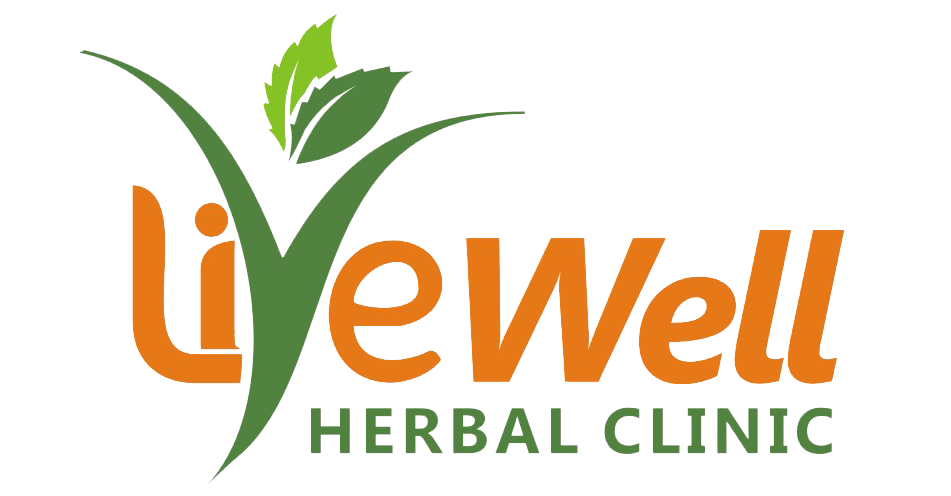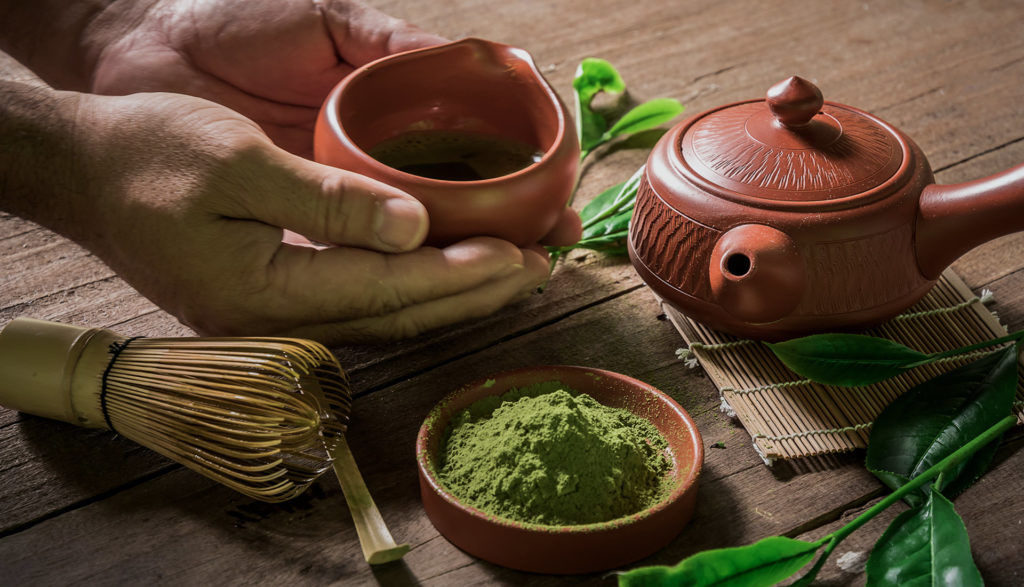High blood pressure, or hypertension, often earns its ominous nickname as the “silent killer” because it typically presents with no noticeable symptoms. Despite its subtle nature, the impact of uncontrolled high blood pressure on overall health can be profound. In this article, we unravel the basics of high blood pressure, its implications, and how a holistic approach, including herbal remedies, can play a pivotal role in its management.
What is High Blood Pressure?
High blood pressure occurs when the force of blood against the walls of the arteries is consistently too high. The two primary measurements used to define blood pressure are systolic pressure (the pressure in the arteries when the heart beats) and diastolic pressure (the pressure in the arteries when the heart is at rest between beats). A normal blood pressure reading is generally around 120/80 mmHg. Hypertension is diagnosed when blood pressure consistently measures 130/80 mmHg or higher.
The Silent Threat
One of the challenges of high blood pressure is its lack of overt symptoms in its early stages. Individuals may go years without realizing they have hypertension, allowing the condition to silently damage vital organs such as the heart, kidneys, and blood vessels. Over time, untreated high blood pressure can lead to severe complications, including heart disease, stroke, and kidney damage.
Contributing Factors
Understanding the factors that contribute to high blood pressure is crucial for prevention and management. Lifestyle choices, such as a diet high in sodium, lack of physical activity, excessive alcohol consumption, and smoking, can increase the risk of developing hypertension. Additionally, genetic factors, age, and certain medical conditions can also play a role.
Holistic Approaches to Blood Pressure Management
While conventional treatments like medications are commonly prescribed to manage high blood pressure, holistic approaches can provide valuable support. Herbal remedies, known for their natural and gentle properties, are gaining recognition in blood pressure management. Herbs such as hawthorn, garlic, and olive leaf extract have shown promise in supporting cardiovascular health and promoting healthy blood pressure levels.

Lifestyle Modifications
In addition to herbal interventions, adopting a heart-healthy lifestyle is crucial for managing blood pressure. This includes maintaining a balanced diet rich in fruits, vegetables, and whole grains, engaging in regular physical activity, managing stress through practices like meditation or yoga, and avoiding tobacco and excessive alcohol consumption.
Conclusion
High blood pressure is a pervasive health issue with far-reaching consequences. Understanding its silent nature and taking proactive steps toward prevention and management are essential for overall well-being. Holistic approaches, including herbal remedies and lifestyle modifications, offer a comprehensive and sustainable way to address the silent threat of high blood pressure. Consult with healthcare professionals, including herbalists, to tailor a personalized approach that considers the unique needs of your body and promotes a healthier, balanced life.




